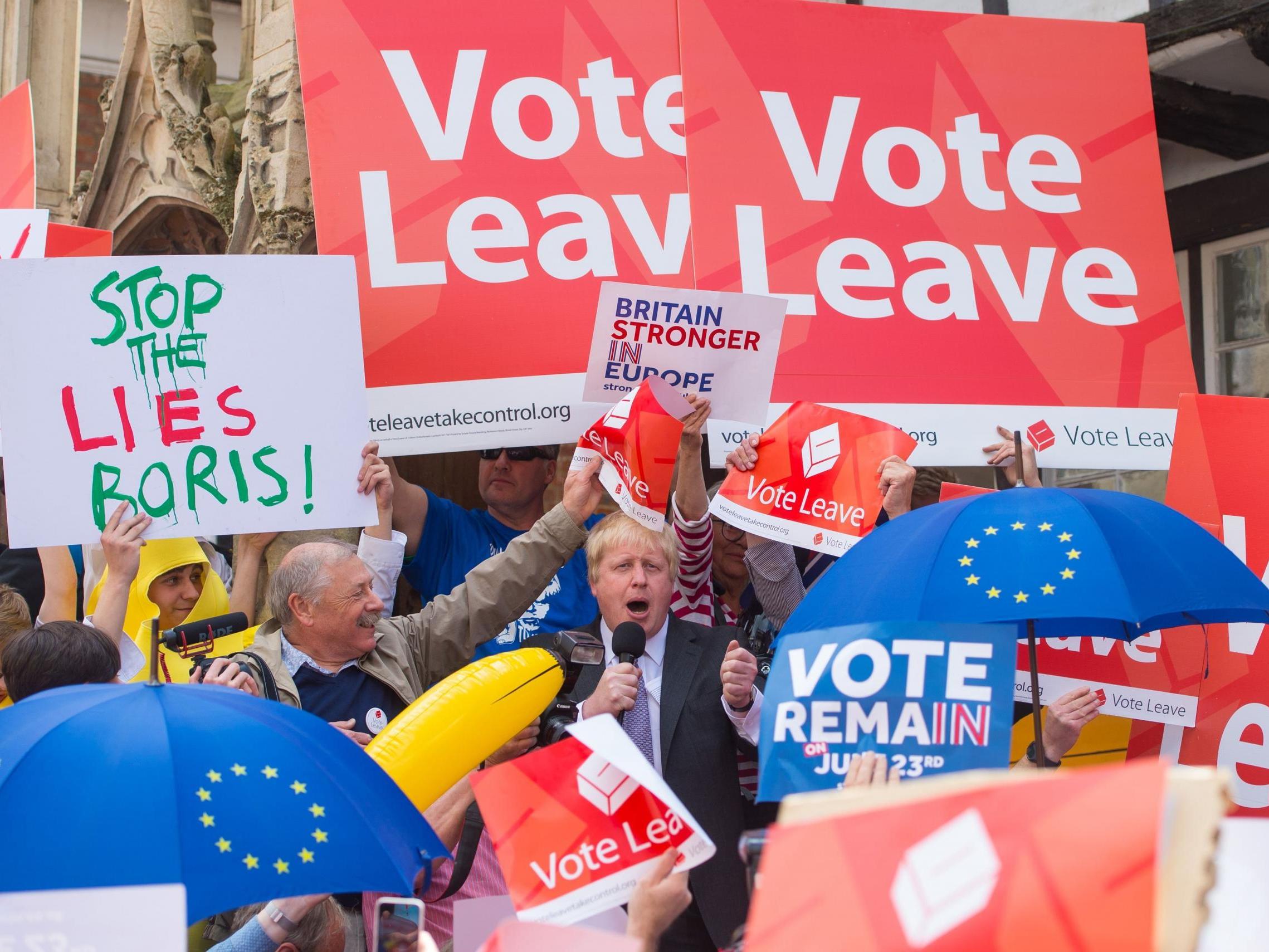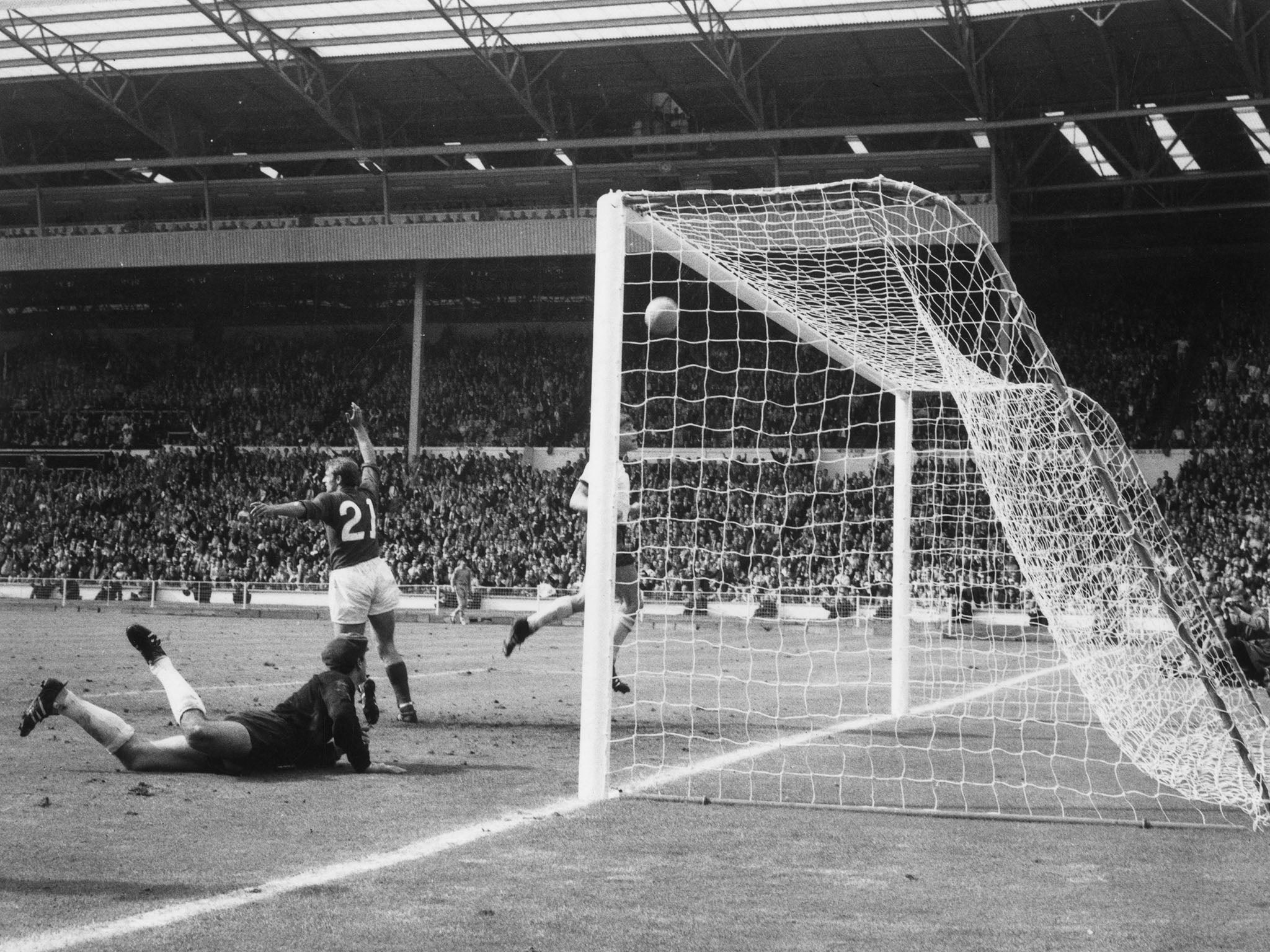The Berlin Wall came down for a reason – the British version shows no sign of crumbling
Germany’s history over the past century is one of incredible upheaval and turbulence, yet its people have come to terms with what happened and emerged with a spirit of tolerance and multiculturalism that was once the hallmark of Britain. Peter Millar wonders why one nation is keen to embrace the future while the other can’t seem to let go of its past

On 9 November 2014, in the heart of the German capital, a wending line of 8,000 white balloons were released simultaneously along the 15km line where the Berlin Wall once stood. The 25th anniversary of the fall of the Wall was not just a spectacular event but a turning point in Germany’s relationship with its history. For four decades from the Stunde Null (Zero Hour) of 1945, when the country lay in ruins under occupying forces, the phrase “unsere neuliche Geschichte” (“our recent history”) weighed on Germans – man, woman and child – like a stone on their hearts. “What did you do in the war, daddy?” was a phrase no one dared ask.
Germans, once considered arrogant, had become supplicant, used to apologising for their nationality, lectured in school about crimes against humanity committed by their parents’ generation before they were born. And how half their fellow citizens lived on the other side of a barbed wire fence. The events of November 1989 changed all that. For a few brief days the world cried tears of joy for Germans; then, particularly in Britain, forgot about it all and went back to the same old prejudices.
Meanwhile, the Germans got on with the difficult, stressful chore of knitting together a nation unsure of what it was or should be. It took 20 years, and then another five, for the phrase “our recent history” to come to mean something else altogether. The horrors of Nazism were not – and will not be – forgotten, but by 2014, the nadir of 1945 was as long ago as the Boer War – in which the British invented concentration camps – was to Londoners in the 1970s.

For Berliners today, their city is a vibrant living memorial to the defeat of communist dictatorship, the keystone that caused the final collapse of totalitarian government not just in eastern Europe but in the Soviet Union itself. Their recent history is something to be proud, rather than ashamed, of.
In August 2013, I had a foretaste: attending a party to mark a century in the same family’s hands of an East Berlin bar I had frequented since 1981, landlady Sylvia Falkner declared on the steps: “We’ve been through two world wars, the Kaiser, the Nazis and the communists, we’ve used five currencies, and we’re still here!”
That recent history now also includes that of the other half of Germany, the part that lived beyond the Berlin Wall and the barbed wire. Films such as The Lives of Others and Goodbye Lenin have encapsulated the East German experience and shared it with the nation as a whole. To Germans the European Union is something to be celebrated, embraced not abjured, the basis of a lasting peace, not so much a common market but a common commitment to a world where nationalities commingle rather than compete.
The current wave of nationalism is understood but abhorred by most Germans. Even the extreme right is mild by comparison with France’s Front National or Britain’s Ukip. The AfD – Alternative für Deutschland – is Eurosceptic, but only in the sense that the pre-2016 British Conservative party was: they are for border controls and against the euro, but not against membership of the EU. The populist Pegida movement – often portrayed in the UK as neo-Nazi – is bigoted but not as widely as assumed. Its name is an acronym for, in English, Patriotic Europeans against the Islamisation of the West. Anti-Muslim? Yes. Anti-European? No.

Even in Bavaria, Germany’s most conservative state – the only place where they really do wear lederhosen (that aren’t skintight and black) – Munich hosts a festival called Tollwood. This festival is a celebration of multiculturalism with food and performers from Hungary, Poland, Croatia, Italy, and Romania, among many others. Germans are genuinely fond of Britain and deeply regret an attitude to them that often seems to begin and end with a Basil Fawlty nudge-nudge “don’t mention the war, Major” attitude. When British football fans sing, “Two world wars and one World Cup”, they have the good grace not to reply, “Four World Cups, four runners-up”.
On the eve of the British EU referendum, news magazine Der Spiegel pleaded in a line from a 1960s pop song, “Please don’t go”, while even the mass market tabloid Bild offered to do the unthinkable in terms of Anglo-German relations in the minds of its readers: accept Geoff Hurst’s controversial 1966 World Cup Final goal at Wembley. For that too is what Germans see as our recent history. For those in their sixties today, born up to a decade after the Second World War, there is an incomprehension about the British obsession with it.
That Britain has a Foreign Secretary who compares the EU’s aims to Hitler’s, the socialist French President to a Nazi POW camp guard – and then complains when anyone makes remotely similar remarks about Donald Trump – is regarded as both offensive and absurd. For Germans, Hitler is a matter of trauma not trivia. The Second World War scarred Germany in every possible way, not least that an entire generation spent their lives living with the guilt of starting it. The British often forget that Germans too paid a high price: four and a half million soldiers lost, compared with Britain’s 380,000. The RAF killed more civilians in Hamburg in one week in the summer of 1943 than the Luftwaffe did in all of Britain over six years. Even without the war, Hitler killed far more German civilians than British.
There is also a lack of understanding when Britons talk about “before the war”. Informed Germans wonder which of Britain’s wars or conflicts they are referring to: Korea, Suez, the Falklands, the Gulf, Iraq? (Not to mention the bloody retreat from empire in Kenya and Malaysia.) “Before the war” in Germany is more understandable: the one which ended in 1945 was the last they were involved in, and there is a determination to see that record maintained.

“Never again shall war go forth from German soil” remains late Chancellor Willy Brandt’s most famous statement. When the US urged its allies to join in the ill-fated war against Saddam Hussein in 2003, then Chancellor Gerhard Schröder made quite clear he was having none of it. In the earlier Gulf War, when Saddam invaded Kuwait, Germany contributed cash but not soldiers. In response to criticism from Britain among others that Germans preferred to pay others to risk their lives, then President Richard von Weizsäcker commented incredulously: “Can it really be the world has forgotten how good German soldiers can be?”
Germany was eventually badgered into sending troops to Afghanistan in 2014, but initially as a support mission only. When an East German friend of mine visited Britain shortly after the Berlin Wall came down, he was eager to have a pint in a real London pub. I took him into my local where they immediately started playing “Who do you think you are kidding, Mr Hitler?”. Happily he had never seen Dad’s Army. Noël Coward was being satirical back in watime Britain when he wrote “Don’t Let’s Be Beastly to the Germans”. But maybe it’s time we thought about it. It really isn’t the 1940s any more.
Peter Millar is the author of ‘1989, The Berlin Wall: My Part in its Downfall’. His new book ‘The Germans and Europe: A Personal Frontline History’ will be published by Arcadia Books this spring
Join our commenting forum
Join thought-provoking conversations, follow other Independent readers and see their replies
Comments
Bookmark popover
Removed from bookmarks